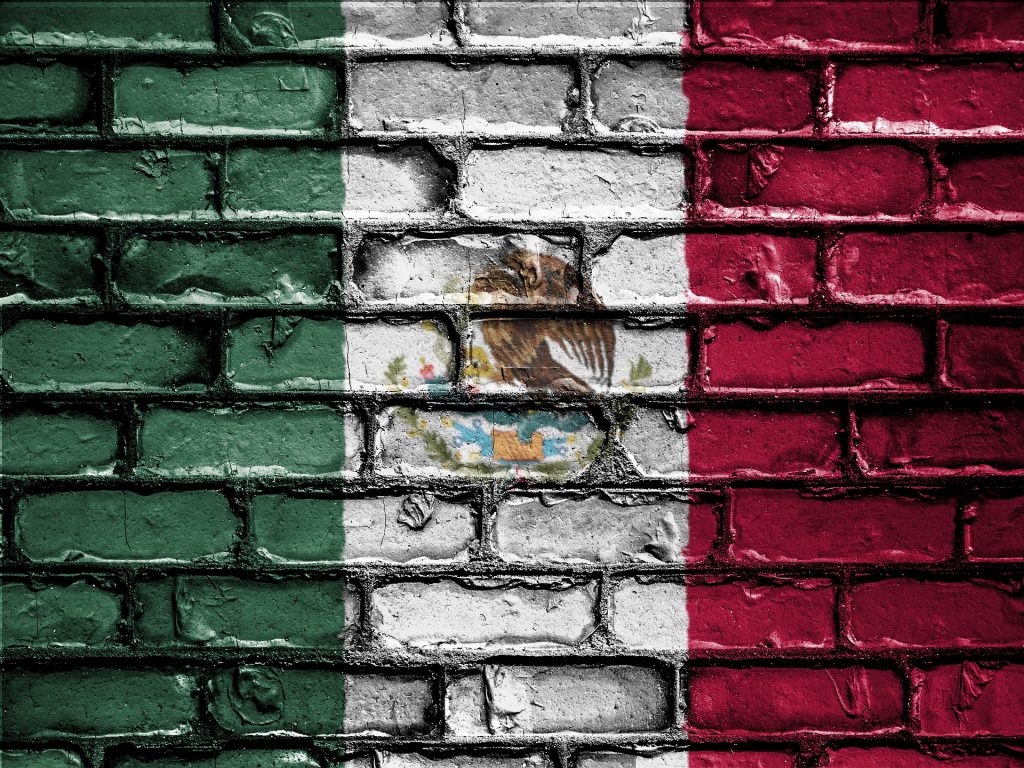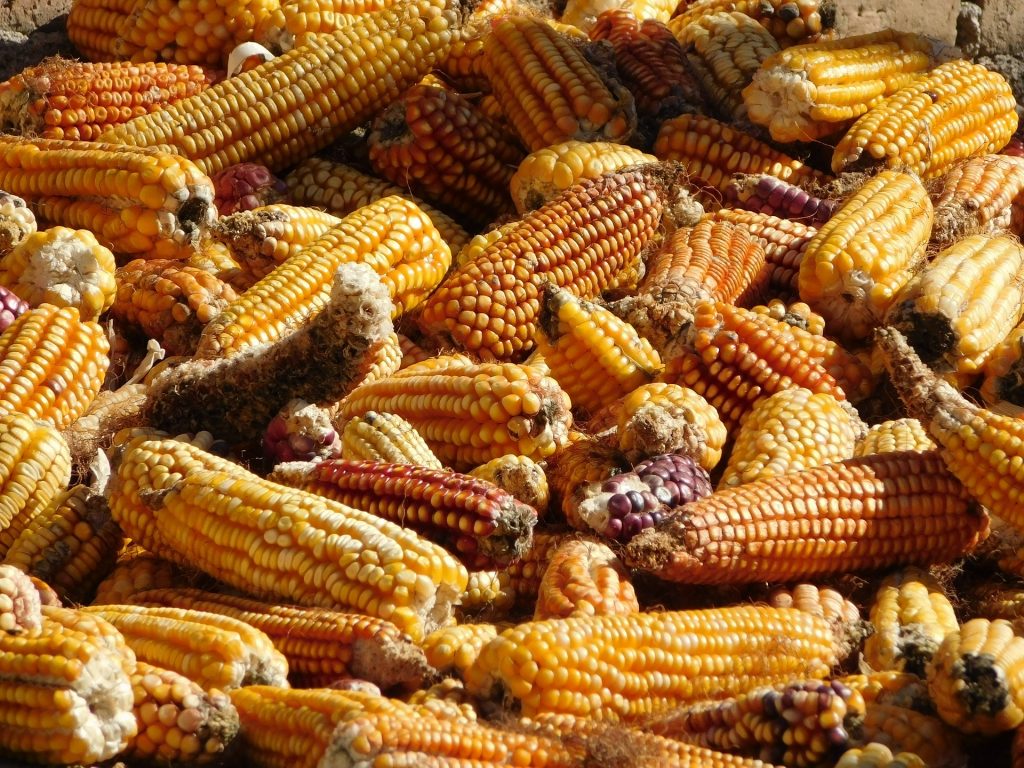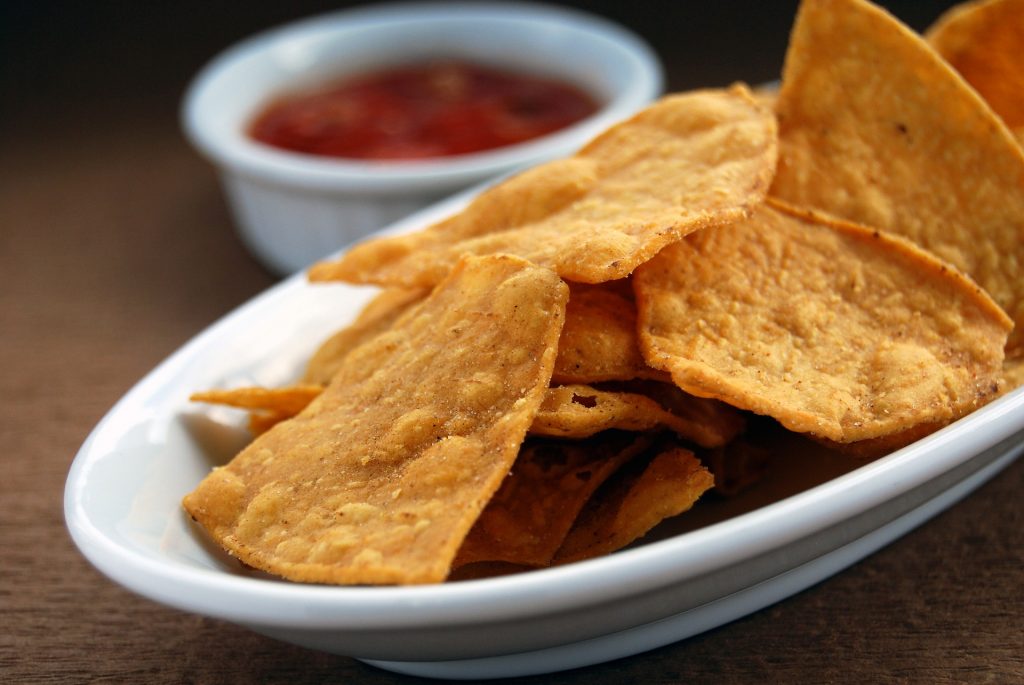By Yadira Ixchel Martínez Pantoja
Yadira Ixchel Martínez Pantoja looks into whether the US Department of State promotes GMOs in Mexico.
Mexico’s national identity is tied to corn. Maize is the main food staple, the basis of Mexican cuisine, and the central crop for the milpa (cornfields accompanied by secondary edible plants). Mexico is also considered a centre for corn diversity, with 59 native races of maize. However, this biodiversity may be at risk from the incorporation of genetically modified organisms (GMOs), particularly GM maize which requires farmers to implement monocrop systems and purchase technological packages that include patented seeds, pesticides, and herbicides.
In the 1990s Mexico’s legislation was precautionary and did not allow large-scale cultivation of GM foods, including a moratorium on GM maize cultivation. However, the 2005 Law on Biosafety of Genetically Modified Organisms (LBGMOs) created a more liberal approach, promoting biotechnology and allowing the cultivation of GM crops. Furthermore, GM food regulations in Mexico have not been influenced only by domestic forces, but also by the US efforts to promote GMOs in Mexico. The US Department of State (DOS) and the Department of Agriculture (USDA) have implemented programmes that promote American agricultural products, including GM foods, and have applied diplomatic instruments which, in parallel with biotechnology corporations’ initiatives, have been effective in influencing Mexican policy-makers.
As a part of its agenda to promote economic prosperity, the DOS supports American businesspeople and farmers abroad, works to open foreign markets, and identifies new export opportunities. It claims not to have a policy to promote GMO exports. From a marketing perspective, where advertising and sales promotion are paid for, broadcast, and strategically managed in the media, it does not. However, where promotion involves strategies and instruments to persuade the acceptance and consumption of some products and technologies that contribute to US prosperity, it does. Moreover, agricultural exports are essential for the US economy and therefore a top priority for the US government. The DOS supports farmers and producers to expand their markets and, because most of the agricultural production of maize, soybeans, and cotton is genetically engineered, it indirectly supports and promotes US biotechnology companies.
Biotechnology companies have persuaded the US government to promote the cultivation of GMO, referred as “agricultural biotechnology”, as a way of solving world hunger, increasing agricultural productivity, and achieving food security. For example, in February 2013, American business leaders from industry groups such as the National Farmers Union, the American Farm Bureau Federation, BIO, and representatives of Syngenta, DuPont, Monsanto, Dow, Bayer, BASF, and Agrivida, discussed with President Barack Obama the need for more leadership from the presidency to promote agricultural biotechnology. In 2014 President Obama publicly endorsed biotechnology as a means to fight hunger and solve agricultural problems worldwide.
Multinational corporations persuade policy-makers and promote their products through lobbying, industry advertisements, technical information, and indirect electoral campaign contributions. In April 2014 the United States Ambassador to Mexico discussed global trade, agricultural issues, and the integration of Mexican and North American agricultural sectors with Mexican representatives of the international food conglomerate Cargill. Under the theme of productivity, the ambassador discussed with the representatives different options for incorporating biotechnology products into the Mexican agricultural sector. Personal contact from the government side and lobbying from the biotechnology companies are a powerful combination to advance US interests in a country such as Mexico.
The USDA also supports US farmers to continue selling abroad, so the USDA indirectly promotes GMOs because many of those farmers plant GM seeds. The USDA initiatives benefit not only farmers and ranchers, but also agrochemical companies that sell supplies to agricultural producers. Taking into account the commercial integration of both countries and the NAFTA (North American Free Trade Agreement) commitments, the USDA is strongly interested in interacting with the Mexican government in regards to agricultural biotechnology. The USDA and its Mexican counterpart SAGARPA (Secretariat of Agriculture) are in constant communication about the way in which regulations or standards are changing, and USDA secretary and SAGARPA secretaries maintain a solid relationship. The SAGARPA secretary is a key actor for the development of a GMO national policy in Mexico, which still needs to be developed.
The USDA has two offices that interact directly with Mexican government officials: the APHIS (Animal and Plant Health Inspection Service) and the FAS (Foreign Agricultural Service). APHIS maintains communication with Mexican agencies involved in technical cooperation related to GMOs, sharing updates on new regulations. In the case of the FAS, its mission is to promote exports of US agricultural products that have been approved in the United States for commercialisation or consumption. Although FAS Mexico City emphasises the importance of giving Mexican farmers different tools and options for production, its policy of promoting all agricultural products also involves an implicit promotion of GMOs.
The Department of State and biotechnology companies have been successful in their efforts to promote agricultural products in Mexico, including GMOs. LBGMOs promotes agricultural biotechnology. However, there are still groups of farmers and citizens resisting these products. So far large-scale commercialisation of GM maize has been halted by judiciary means. GMO adoption may pose a threat to the milpa and the life of farmers around it. Indigenous people cultivating the milpa and small-scale farmers are not accustomed to buying seeds — most of them save their best seeds for the next season, and receive support from the Mexican government. Adopting GM maize cultivation would have economic implications for the Mexican government which would have to buy these biotechnological packages and would become dependent on the corporations that sell these seeds. Cultivation of GM maize also implies the adoption of monocrops, resulting in a change in the customs of small-scale farmers and indigenous people dependent on the cornfields diversity.
Yadira holds a PhD in Politics and International Relations from the University of Auckland. Her research is about US public diplomacy strategies and the promotion of GM foods in Mexico. Yadira’s forthcoming article on the Hague Journal of Diplomacy discusses the importance of non-state actors in public diplomacy and proposes a model of public diplomacy to promote a policy change of Mexico’s GM food policy. She presented her findings at the First CPD Conference on Public Diplomacy, USC Center on Public Diplomacy, 2016.
Disclaimer: The ideas expressed in this article reflect the author’s views and not necessarily the views of The Big Q.




